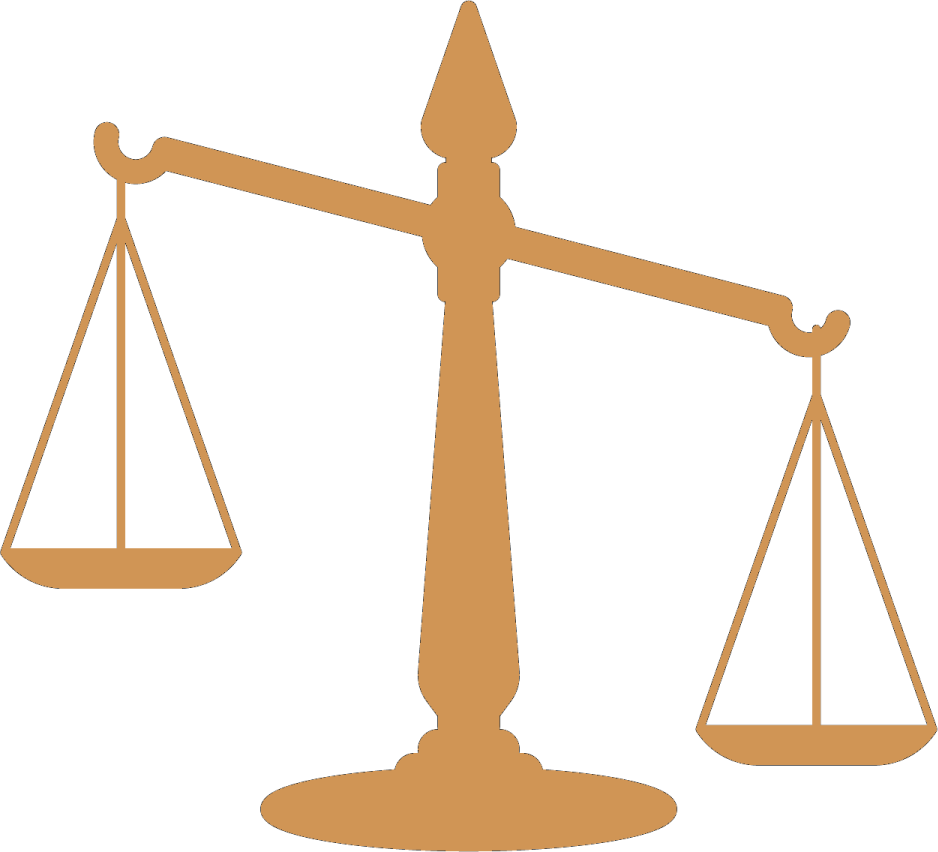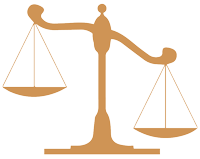
Dealing with pressing legal matters after a loved one passes away is often a necessary component of confronting death. The way an estate is divided and a will is interpreted can cause family disagreements that can often only be resolved through a probate litigation lawyer. For these reasons, it is vital to seek legal counsel from a probate litigation lawyer to ensure your loved one’s last wishes are respected and your assets protected. In this article, we will discuss what probate litigation is, some examples of disputes that can lead to litigation, and how to pay for a lawyer if you need one.
What Is Probate Litigation?
Probate litigation is a legal dispute that arises during or after the administration of a deceased person’s estate. This can involve disputes among beneficiaries, creditors, and the executor or administrator of the estate. It can also involve disputes about the validity of the will, the construction of trusts, beneficiary designations, powers of attorney, or joint bank accounts.
Probate Litigation Examples
There are many reasons why you may be interested in contacting a probate litigation lawyer, whether it is at the end of a family member’s life or you are dealing with joint bank account litigation. There are several primary examples of probate litigation, including:
- Contesting a Will
- Undue Influence exerted against the person who made the will
- Mental Incapacity of the person who made the will
- Breach of Fiduciary Duty by the executor or administrator
- Disputes about a trust
- And others
For a more in-depth look at different kinds of probate litigation, check out our recent article on the topic!
When Should I Hire a Probate Litigation Lawyer?
If you are involved in a probate dispute, it is important to seek legal representation from a qualified probate litigation lawyer. In some cases, it may be wise to hire a lawyer before the dispute even arises to avoid costly and time-consuming litigation. And while the end of a loved one’s life can be challenging for many reasons, it may be prudent to start talking with a probate litigation lawyer sooner rather than later as that challenging time draws near.
How Can I Afford My Probate Litigation Lawyer?
Many people mistakenly think that they cannot afford a lawyer and therefore never seek legal counsel or representation. In truth, there are a number of ways you can utilize a lawyer without paying exorbitant amounts out of pocket.
First, check to see if your lawyer works on a contingency fee basis. In this form of payment, your attorney will be paid a percentage of the damages or assets that you recover.
If your desired lawyer does not offer contingency fee payment plans, inquire as to whether or not they charge hourly rates or flat fees. You may be able to get enough out of a few hours of legal counsel (as opposed to full-fledged legal services) and represent yourself in court.
Finally, look for legal aid services in your state, as with the Bar Association in your area. You may also be able to find lawyers who volunteer their time answering legal questions that you may have so you are pointed in the right direction when it comes to handling your probate litigation case.
Why Does Probate Take So Long?
If you or someone you love has ever been through the probate process, you may have wondered “What causes delays in the probate process?” If not handled properly, probate can drag on for months or even years for a number of reasons.
Here are some of the most common causes of delays in the probate process:
- An estate has multiple beneficiaries. It takes longer to resolve a probate case with multiple beneficiaries compared to one with fewer beneficiaries. This is because the process is dependent on responses from each beneficiary, which may slow the probate down.
- The beneficiaries live far away from the estate. Even in today’s age, beneficiaries who are spread out across the U.S. are harder to contact in a timely fashion.
- An estate has unusual assets. When an estate owns assets that are difficult to value, the probate process tends to take longer. This can include items ranging from racehorses or mineral rights to exotic artifacts or collectible items.
- An estate has to file a tax return. When an estate has to file an IRS Form 706, otherwise known as a federal estate tax return, the probate will take longer because the IRS likely won’t process the estate’s tax form for three to four months after the filing date.
- An estate has too many wills. Sometimes, the deceased will leave more than one will without clear direction as to which one should be followed. This complicates and confuses the probate process, and often results in an extended probate process.
- The wrong executor for the job is selected. The executor plays an important role in the probate process. For this reason, it is vital to select an individual who is organized, financially savvy, and most importantly has the time to dedicate to this challenging process. Selecting someone who is ill-equipped to fill this role can cause your probate to drag on.
- An estate has assets in multiple states. When the deceased leaves assets in more than one state, often ancillary probates need to be opened in each additional state where assets remain. This further complicates the probate process by adding more steps.
- The beneficiaries don’t get along.
Of course, losing a loved one is a challenging time. Grief can be hard to navigate and emotions may be on high alert. Add valuable property or sentimental assets to the mix and the result may be family discord.

Probate Litigation Lawyer Houston, TX
Even if you don’t foresee arguments unfolding when it comes time to confront the probate process, it may be wise to consult a lawyer for legal counsel and guidance. Probate is a challenging time for many people, and it is often simplest for everyone in the family if an impartial third party navigates the legal aspect of a family member’s passing. This can take undue strain off of you while streamlining an otherwise arduous legal process.
Are you interested in speaking with a probate litigation lawyer in your area to see if you wish to consider legal representation? Contact Welsh Law Firm today!
